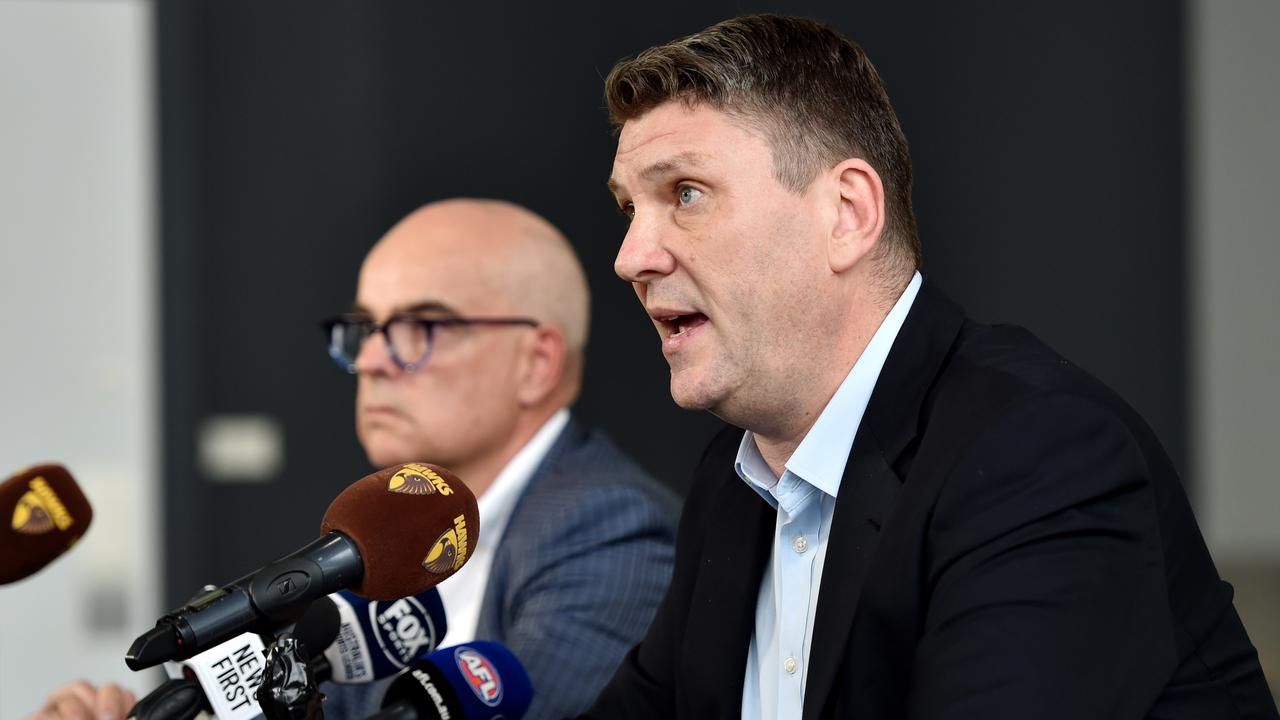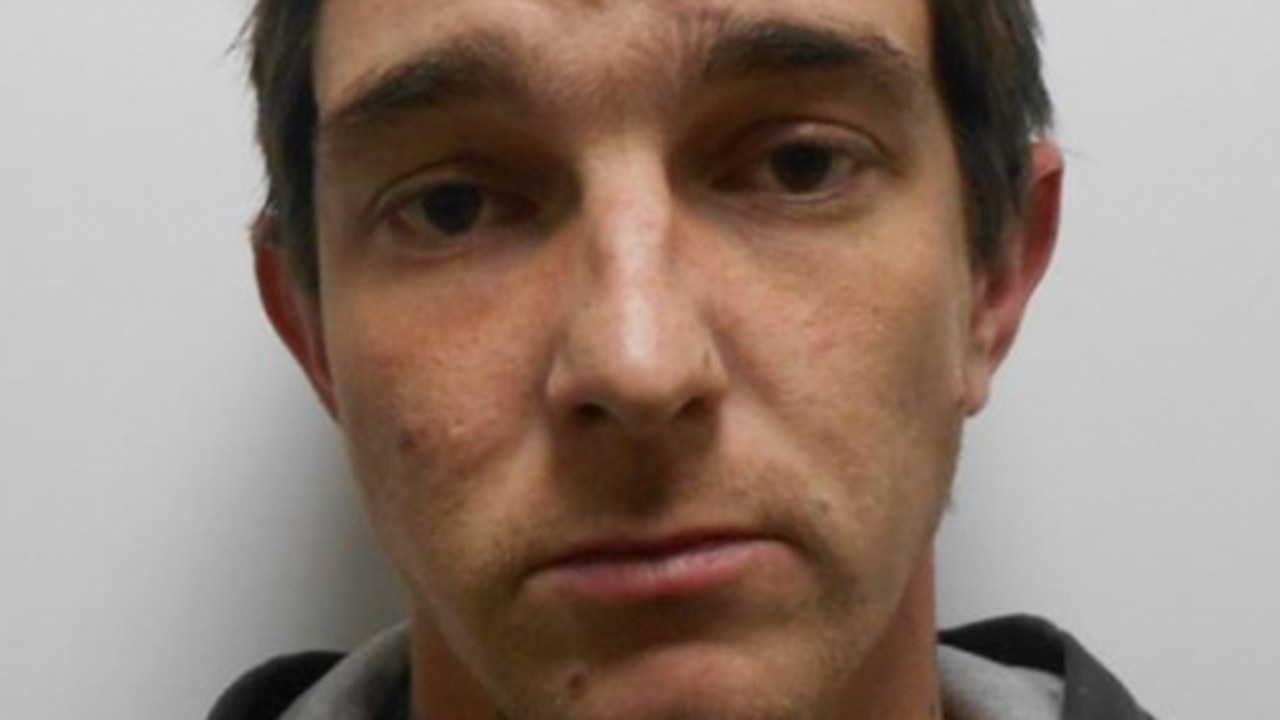NSW inquiry into regional health outcomes delivers scathing report
A man who had to “beg for food and water” while in hospital said five harrowing words to his daughter before he died.
NewsWire
Don't miss out on the headlines from NewsWire. Followed categories will be added to My News.
The NSW government has vowed to fix the state's rural health system after a scathing report said the regions had been “let down”.
The report was the result of a 21-month inquiry into rural health access in NSW and included harrowing accounts by people who say the system failed them, including an 85-year-old whose daughter said he had to beg hospital staff for food and water before he died.
Regional Health Minister Bronnie Taylor said it was her “absolute commitment” to make sure rural residents could access health care.
“Making sure that people are able to get the care that they need if it isn‘t available locally, we will be reviewing and looking at that, that’s my absolute commitment,” she told reporters on Thursday.
The report said rural residents had been failed by a health system that favours big cities and leaves people in the bush with poorer health and inferior care.
Labor MP and committee chair Greg Donnelly wrote in the foreword that regional residents had been “repeatedly … let down by the health system”.
“We heard stories of emergency departments with no doctors; of patients being looked after by cooks and cleaners; of excessive wait times for treatment; and of misdiagnoses and medical errors,“ he wrote.
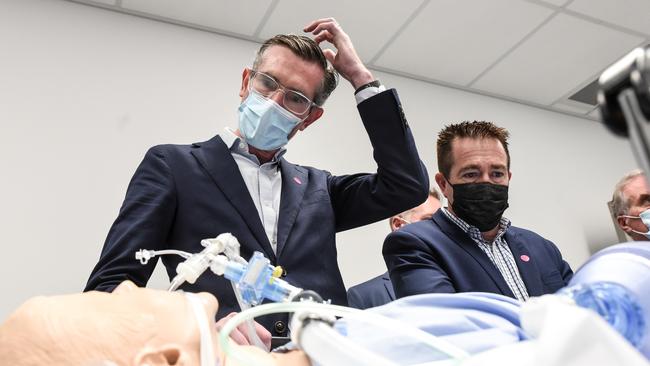
“This evidence is by no means a reflection on the NSW Health staff working tirelessly in challenging circumstances; rather it is an indictment of the system that has allowed this situation to develop.
“Overall, the committee has found that residents of rural, regional and remote NSW have poorer health outcomes and inferior access to health and hospital services and face significant financial challenges in accessing these services compared to their metropolitan counterparts.
“This is a situation that can and should not be seen as acceptable.”
The committee made 44 recommendations, including that NSW Health should seek to urgently increase nurse and midwife staffing numbers and co-ordinate with the commonwealth to fill healthcare coverage gaps.
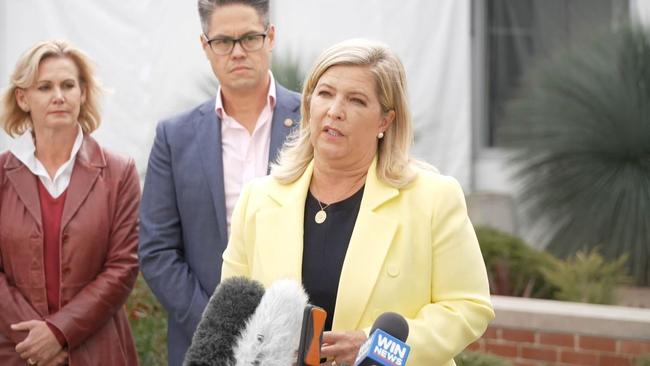
Regional areas for the purposes of the inquiry were defined as places outside the state’s largest metropolitan areas of Sydney, Newcastle and Wollongong.
The inquiry accepted more than 700 submissions and held hearings in several regional communities last year.
The stories submitted to the committee included an account of the final days of western NSW man Allan Wells, whose daughter Jamelle said the 85-year-old had been “treated like a bed blocker” when he fell ill.
“He had two operations in five days after something went horribly wrong with the first one,” Ms Wells told the inquiry.
“Just hours after we fought an attempt to discharge him, he went into cardiac arrest. Staff then suggested not resuscitating him, even though he had a full resuscitation plan in place.”
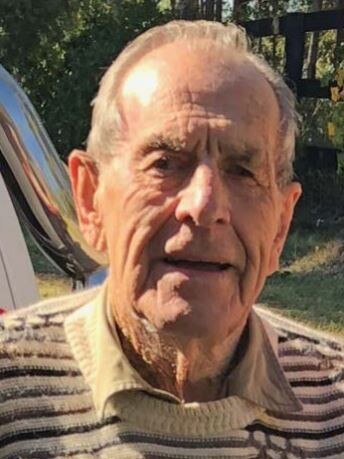
After Mr Wells pulled through, his daughter said he had to “beg for food and water” because the hospital wouldn’t roster on a doctor during a long weekend to make sure he could eat and drink safely.
“My father’s ward ran out of morphine (and) Panadol … an unsupervised junior intensive care unit doctor fought back tears over the distress he caused dad by three botched attempts to insert a tube in his nose,” Ms Wells said
After being discharged from Cobar District Hospital to a nursing home, Mr Wells believed he wasn’t “worthy of a hospital bed”, his daughter said.
“He grabbed my arm and cried as he said, ‘They’re giving up on me’. My father died five days later,” Ms Wells said.
Ms Taylor said the government would seek to formally respond to the inquiry sooner than the mandated six months.
She said the report had highlighted tough challenges that weren't insurmountable.
“I'm not going to disagree with the findings of the inquiry. that would be disrespectful and that’s not the way I operate,” she said.
“People have told their stories under what has been some harrowing circumstances, I absolutely acknowledge that.
“But what I will do is make sure that we have the best possible system we can but also acknowledge for all the people who are working out there every day that really good things happen in our health system (as well).”
Premier Dominic Perrottet said earlier on Thursday that while he hadn’t yet read the report, he was familiar with the evidence the inquiry had heard.
“My understanding is that a lot ... of those issues that came up during that inquiry have already been addressed or are in the process of being addressed,” he said.
“But there is no doubt it's an important inquiry and governments can always learn and look to invest more in those areas.”
Originally published as NSW inquiry into regional health outcomes delivers scathing report

